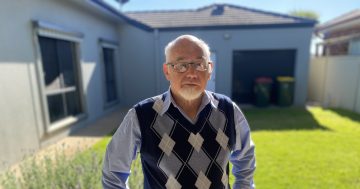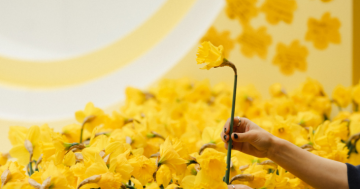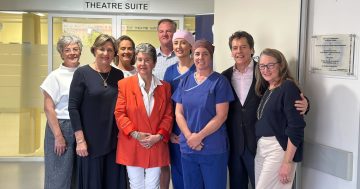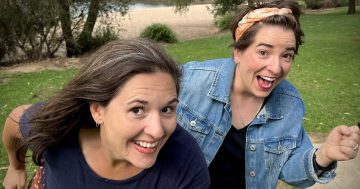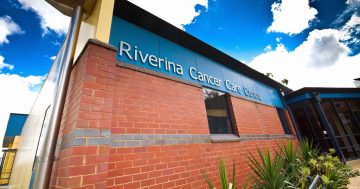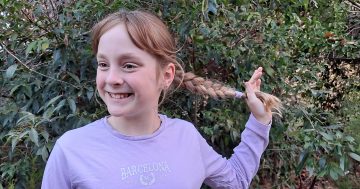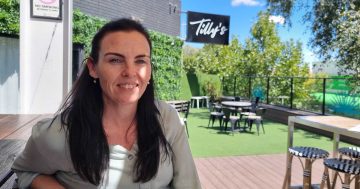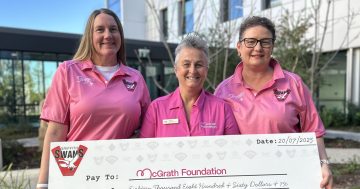
Breastscreen NSW (Greater Southern) Mammographer Susan Anderson is happy to see the van back in service. Photo: NSW Health.
The word cancer still strikes terror in the hearts of most of us but it’s hoped continuing research will help reduce the fear associated with a diagnosis.
Millions of dollars spent on breast cancer research have significantly improved survival rates and a diagnosis may no longer be something to dread.
Julie (surname withheld on request) was living her dream life when she had to face the prospect of cancer.
Julie had relocated to rural NSW with her fiancé and beautiful 21-month old daughter, her career was reigniting, and she was planning her wedding.
Then in July, everything changed. At 46 she was diagnosed with a progressive form of the most common type of breast cancer among women – invasive ductal carcinoma. If left untreated, it could spread beyond the breast tissue and possibly to other parts of the body.
About 80 per cent of all breast cancers are invasive ductal carcinoma and it is the most common type of breast cancer diagnosed among women in Australia.
With a family history of breast cancer, Julie knew when she glimpsed a shadow underneath her breast that it could be cancer. She immediately sought a referral for a mammogram and ultrasound.
“My heart sank when I heard the words, it’s cancer,” she said.
“You immediately think the worst.
“You always hear early detection is key but, perhaps, that never really resonated until I was faced with a diagnosis.”
In a matter of days, Julie held her life in her hands and she was forced to make rapid decisions that would affect her treatment plan and her future. It was then that she learned as much as she could about her options for the removal of cancer and ongoing treatment.
Julie said she was fortunate to have an early diagnosis and that the huge amount of research towards this type of breast cancer had improved her situation dramatically.
Looking back she said that women do not need to be fearful of the disease, surgeries, or treatment and that medical research has provided far better chances of effective treatment for many.
“The other thing that helped me was talking to people who had walked a similar path – talking to them really made a difference, still does, it’s a community, a real sisterhood,” Julie said.
Julie has since been recruited for a study for genetic screening being conducted by Professor Allan Spigelman, Director, St Vincent’s Cancer Genetics Unit, Sydney.
His research is focused on understanding the role of genes in health and disease as the basis for developing future cures. In particular, he will look for the genetic link between Julie’s family and breast cancer.
Early detection is critical and life-saving breast screening services for women aged over 40 have resumed around the region after the COVID-19 shutdown.
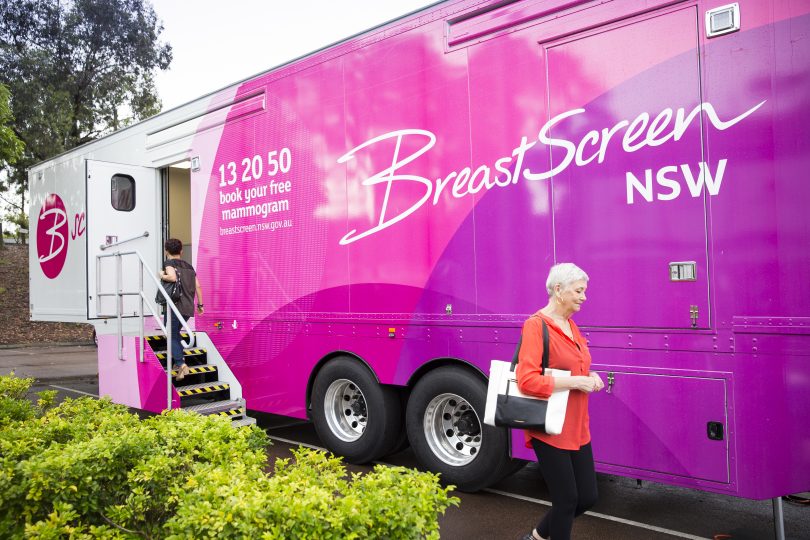
Breastscreen NSW vans are returning to communities across southern NSW. Photo: Supplied.
In southern NSW, mobile vans and clinics reopened in Bega, Crookwell, Moruya and Queanbeyan, and mobile vans will be visiting Goulburn and Braidwood before the end of the year.
Breastscreen NSW is prioritising mammograms for women who had their appointments cancelled during the suspension.
The reopening of clinics will be gradual and according to the risk of COVID-19 in the community. For more information visit the Breastscreen NSW website or Facebook.
Original Article published by Clare McCabe on About Regional.







